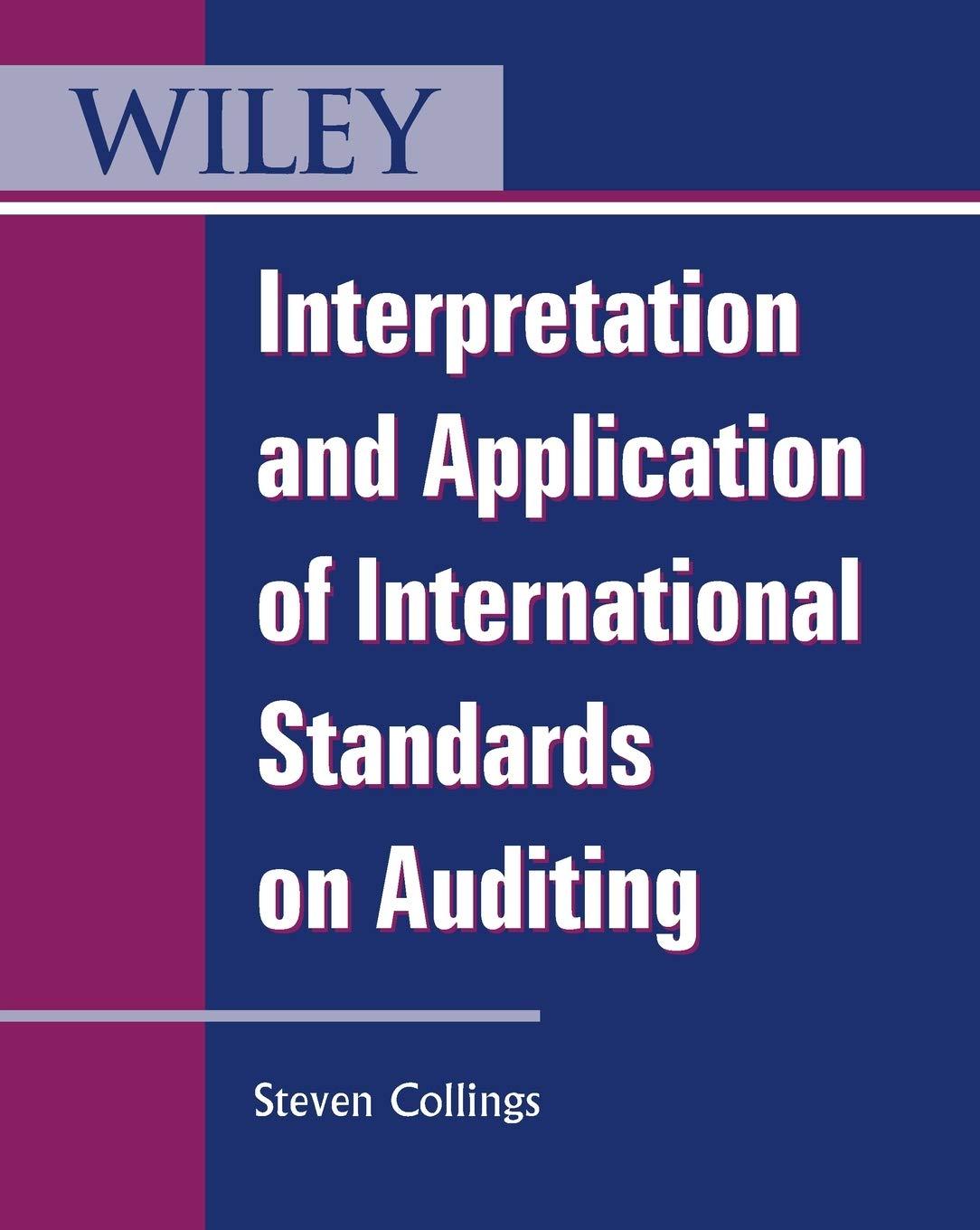- What are the significant judgment areas (reserves, contingencies, asset values, note disclosures) that affect the current-year financial statements? What considerations were involved in resolving these judgment matters? What is the range of potential impact on future reported financial results? - What issues or concerns exist that could adversely affect the future operations and I or financial condition of the company? What is management's plan to deal with these future risks? - What is the overall quality of the company's financial reporting, including the appropriateness of important accounting principles followed by the company? - What is the range of acceptable accounting choices the company has available to it? - Were there any significant changes in accounting policies, or in the application of accounting principles during the year? If yes, why were the changes made and what impact did the changes have on earnings per share (EPIS) or other key financial measures? - Were there any significant changes in accounting estimates, or modules used in making accounting estimates during the year? If yes, why were the changes made and what impact did the changes have an eamings per share (EPS) or other key financial measures? - Are there any instances where the company may be thought of as pushing the limits of revenue recognition? If so, what is the rationale for the treatment chosen? - Have similar transactions andevents been treated in a consistent manner across divisions of the company and across countries in which the company operates? If not, what are the exceptions and reasons for them? - Do the accounting choices made reflect the economic substance of transactions and the strategic management of the business? If not, where are the exception and why do they exist? - To what extent are the financial reporting choices consistent with the manner in which the company measures its progress toward achieving its mission internally? If not, what are the differences? - How do the significant accounting principles used by the company compare with leading companies in the industry, or with other companies that are considered leaders in financial disclosure? What is the rationale for any differences? - Has there been any instance where short-run reporting objective (e.g., achieving a profit objective or meeting bonus or stock option requirements) were allowed to influence accounting choices? If yes, what choices were made and why? - What are the significant judgment areas (reserves, contingencies, asset values, note disclosures) that affect the current-year financial statements? What considerations were involved in resolving these judgment matters? What is the range of potential impact on future reported financial results? - What issues or concerns exist that could adversely affect the future operations and I or financial condition of the company? What is management's plan to deal with these future risks? - What is the overall quality of the company's financial reporting, including the appropriateness of important accounting principles followed by the company? - What is the range of acceptable accounting choices the company has available to it? - Were there any significant changes in accounting policies, or in the application of accounting principles during the year? If yes, why were the changes made and what impact did the changes have on earnings per share (EPIS) or other key financial measures? - Were there any significant changes in accounting estimates, or modules used in making accounting estimates during the year? If yes, why were the changes made and what impact did the changes have an eamings per share (EPS) or other key financial measures? - Are there any instances where the company may be thought of as pushing the limits of revenue recognition? If so, what is the rationale for the treatment chosen? - Have similar transactions andevents been treated in a consistent manner across divisions of the company and across countries in which the company operates? If not, what are the exceptions and reasons for them? - Do the accounting choices made reflect the economic substance of transactions and the strategic management of the business? If not, where are the exception and why do they exist? - To what extent are the financial reporting choices consistent with the manner in which the company measures its progress toward achieving its mission internally? If not, what are the differences? - How do the significant accounting principles used by the company compare with leading companies in the industry, or with other companies that are considered leaders in financial disclosure? What is the rationale for any differences? - Has there been any instance where short-run reporting objective (e.g., achieving a profit objective or meeting bonus or stock option requirements) were allowed to influence accounting choices? If yes, what choices were made and why







